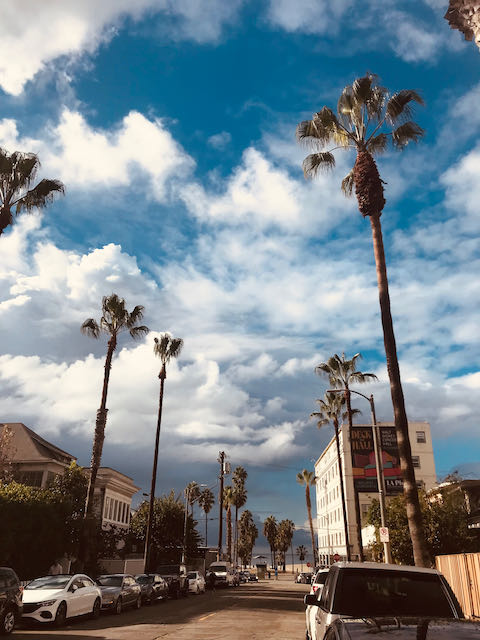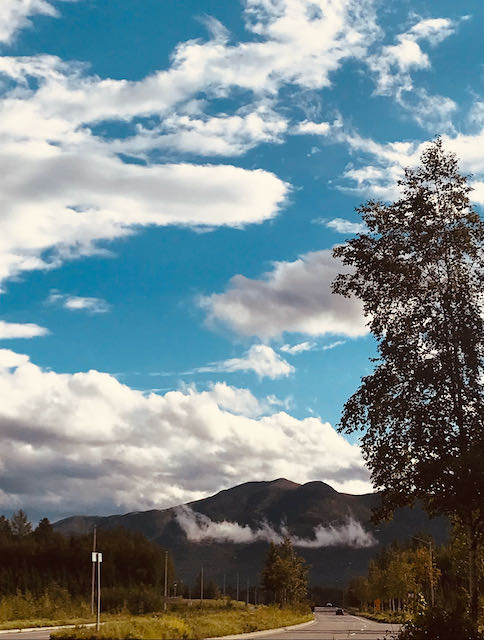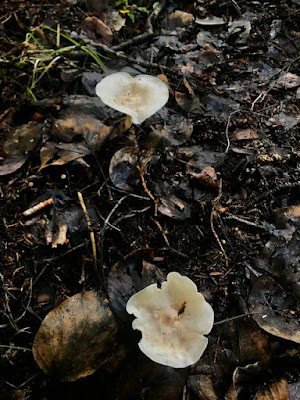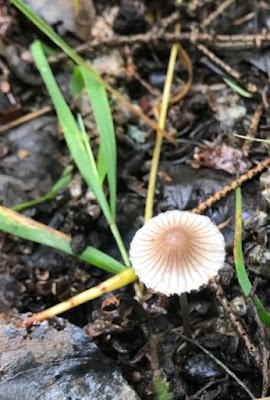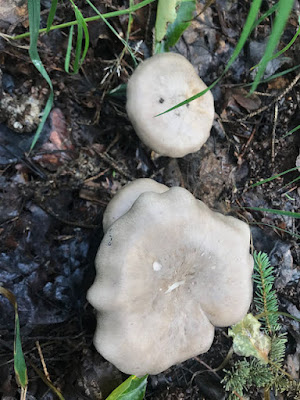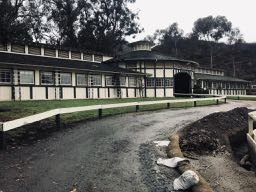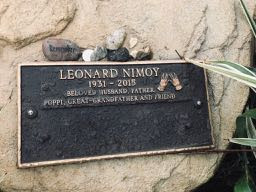The Story of Gósta Berling by Nobel Prize winner Selma Lagerlof is the story of people in rural Sweden in the late 1800s. People deal with evil spirits and the word of God, the beauty and the dangers of nature, and the challenges of making a living in the northern regions of earth. There are rich people and poor, good and evil, hard workers and lazy.
It shouldn't be surprising how much human beings then and there are like people here and now.
The villagers have walked out at the end of the Sunday services in the local church. Their protest is quiet and simple and effective. A lesson for us today to think of ways to creatively make our protests known.
This excerpt takes place in a later chapter called The Drought. It's late summer and there has been no rain since June. Crops are dying, forest fires are burning. People are getting desperate. All are questioning if it is their behavior that has caused God to withhold the rain.
"It was a Sunday in August. The service was over. The people wandered in groups along the sunny roads. On all sides they saw burned woods and ruined crops. There had been many forest fires; and what they had spared, insects had taken.
The gloomy people did not lack for subjects of conversation. There were many who could tell how hard it had been in the years of famine of eighteen hundred and eight and nine, and in the cold winter of eighteen hundred and twelve, when the sparrows froze to death. They knew how to make bread out of bark, and how the cows could be taught to eat moss.
There was one woman who had tried a new kind of bread of cranberries and corn-meal. She had a sample with her, and let the people taste it. She was proud of her invention.
But over them all floated the same question. It stared from every eye, was whispered by every lip: “Who is it, O Lord, whom Thy hand seeks?”
A man in the gloomy crowd which had gone westward, and struggled up Broby hill, stopped a minute before the path which led up to the house of the mean Broby clergyman. He picked up a dry stick from the ground and threw it upon the path.
“Dry as that stick have the prayers been which he has given our Lord,” said the man.
He who walked next to him also stopped. He took up a dry branch and threw it where the stick had fallen.
“That is the proper offering to that priest,” he said.
The third in the crowd followed the others’ example.
“He has been like the drought; sticks and straw are all that he has let us keep.”
The fourth said: “We give him back what he has given us.”
And the fifth: “For a perpetual disgrace I throw this to him. May he dry up and wither away like this branch!”
“Dry food to the dry priest,” said the sixth.
The people who came after see what they are doing and hear what they say. Now they get the answer to their long questioning.
“Give him what belongs to him! He has brought the drought on us.”
And each one stops, each one says his word and throws his branch before he goes on.
In the corner by the path there soon lies a pile of sticks and straw,—a pile of shame for the Broby clergyman.
That was their only revenge. No one lifted his hand against the clergyman or said an angry word to him. Desperate hearts cast off part of their burden by throwing a dry branch on the pile. They did not revenge themselves. They only pointed out the guilty one to the God of retribution."
“If we have not worshipped you rightly, it is that man’s fault. Be pitiful, Lord, and let him alone suffer! We mark him with shame and dishonor. We are not with him.
It soon became the custom for every one who passed the vicarage to throw a dry branch on the pile of shame.
The old miser soon noticed the pile by the roadside. He had it carried away,—some said that he heated his stove with it. The next day a new pile had collected on the same spot, and as soon as he had that taken away a new one was begun.
The dry branches lay there and said: “Shame, shame to the Broby clergyman!”
Soon the people’s meaning became clear to him. He understood that they pointed to him as the origin of their misfortune. It was in wrath at him God let the earth languish. He tried to laugh at them and their branches; but when it had gone on a week, he laughed no more. Oh, what childishness! How can those dry sticks injure him? He understood that the hate of years sought an opportunity of expressing itself."
The book's copyright is long over and you can read the book at Gutenberg.org or you can listen to a Swede reading it in English at the Internet Archive here. This chapter is Part II, Chapter XVI.

